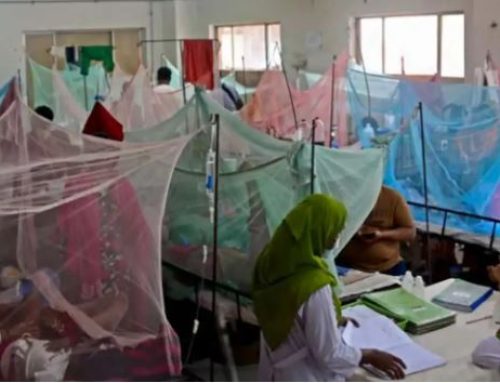Project Description
Author: Ahmed et al.
Summary:
Background: Cognitive and psychomotor functioning represent early childhood development. Rapid rise of women labor force and nuclear families resulting in both parents working outside and little available option for their child’s care while they work. Therefore, a number of children are attending various daycares and they spent there a large proportion of time. This study was designed to find out the cognitive and psychomotor functioning among 13-60 months old children attending the daycares.
Methods: This descriptive cross-sectional study was conducted from January 2022 to December 2022. Data was collected from 197 children aged between 13- 60 months attending 8 daycares of Dhaka, which were selected conveniently. Selected components of PedsQLTM scale were used to determine cognitive and psychomotor functioning. Semi-structured data collection forms were used to obtain information about children, their parents and environment of the daycare centers. Statistical analyses were performed with SPSS version 25.0. A p value of <.05 was considered significant.
Result: The mean age of the children was 38.19 (±14.71) months, 99 (50.3%) of them were boys and 98 (49.7%) were girls. Most 328 (83.25%) of the parents were highly educated, had at least a graduation degree. Among the parents, 173 (43.9%) were non-government employee, which was the prevalent occupation. Mean monthly income of the families was 62,291.37 (±42321.46) BDT. Number of public and private daycare children was 139 (70.6%) and 58 (29.4%) respectively. Nearly half 91 (46.2%) of the children, had some form of malnutrition. Mean score of cognitive and psychomotor functioning was 84.29 (±18.92) and 82.17 (±10.58) respectively, which were mostly normal among the children. The cognitive functioning score showed high variability in between and within the daycare centers. Low score (< 75) was observed in 42 (21.3%) and 46 (23.4%) children in cognitive and psychomotor functioning respectively. No association observed in cognitive (p= 0.449) and psychomotor functioning (p= 0.769) with type of daycare. Significant association (p= 0.005) observed between low cognitive functioning with low family income. Physical environmental characteristics were mostly similar in private and public daycares. However, none of the daycare centers provided outdoor play space for the children.
Conclusion: Children attending the daycares are performing mostly well in cognitive and psychomotor domain; both of which do not differ in private and public daycares.
Status: Ongoing
Full text link: Not available



